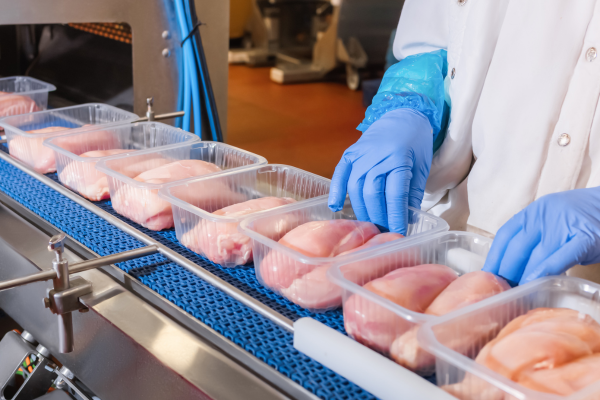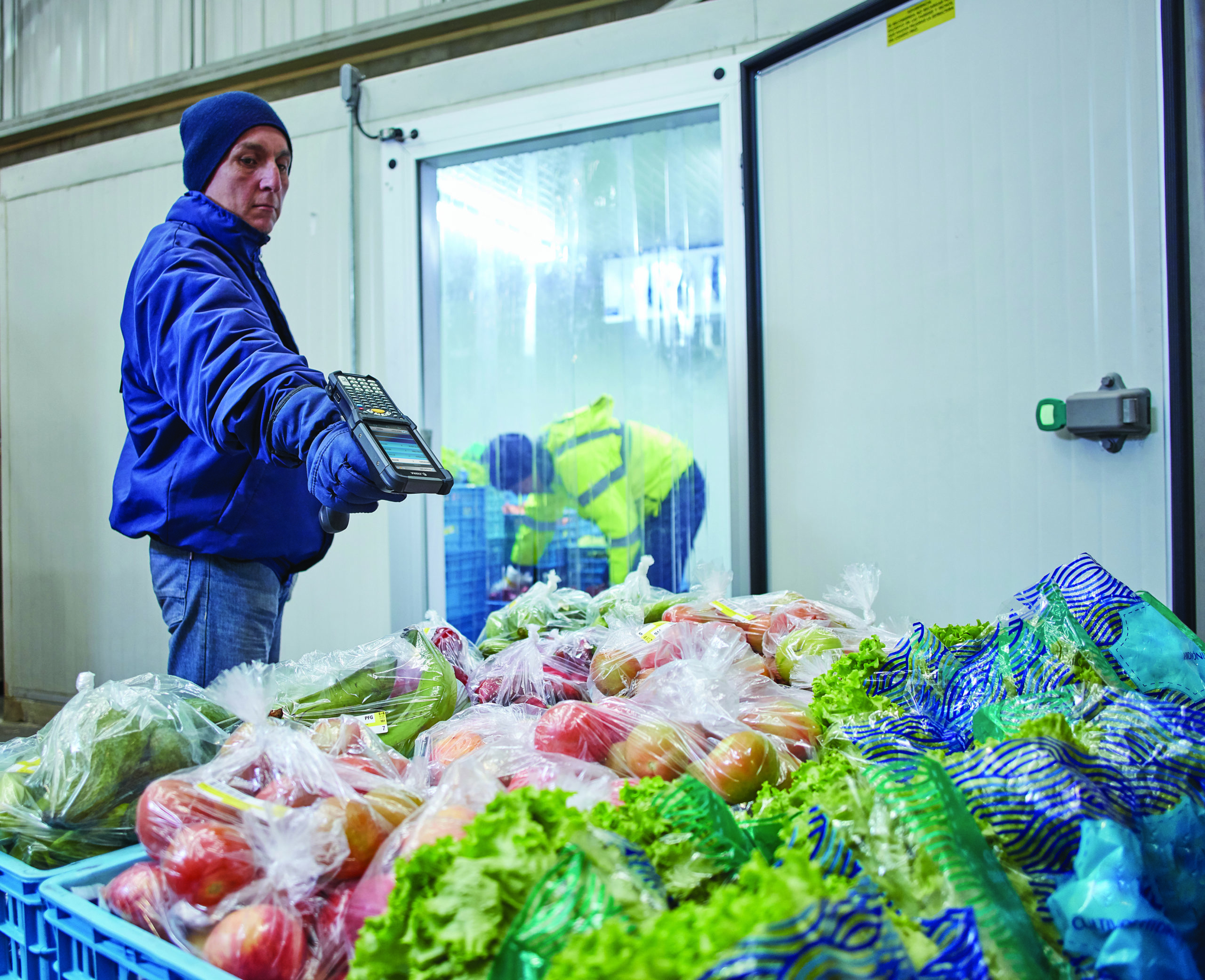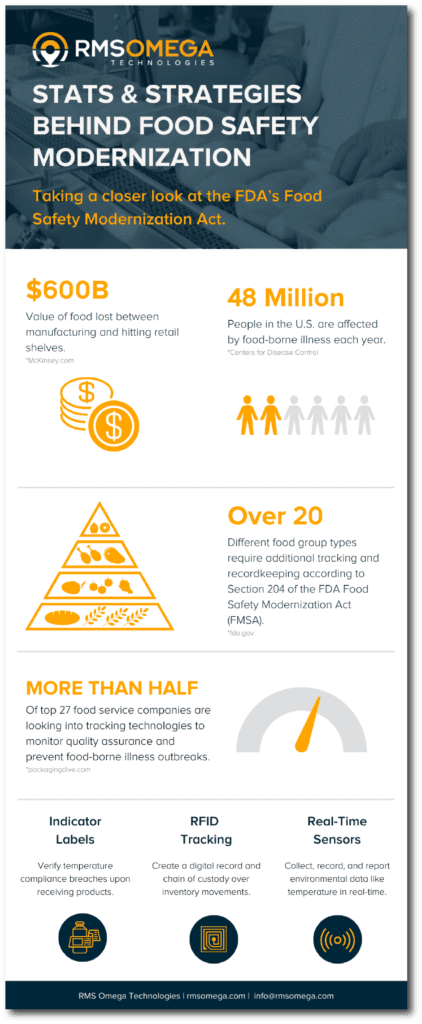The FDA’s Food Safety Modernization Act & Supply Chain Impact
As data collection technology evolves, supply chains that produce, store, and transport food and other consumable products face stricter regulations for quality assurance monitoring and reporting. Recent mandates set by the FDA’s Food Safety Modernization Act (FSMA), require food manufacturers and producers to create product and facility plans that promote greater visibility and reporting on product quality. The goal of this act is to help prevent foodborne illnesses and quickly identify compromised products in the event of an outbreak. According to the FDA, foodborne illnesses impact 48 million people each year in the U.S. These negative impacts on public health can range from sickness to even hospitalization and death. With the right data collection and reporting solution, food supply chains can mitigate and even prevent these negative impacts by monitoring compliance and quality within production, storage, and shipping environments.

New Rules In Food & Drug Safety
New requirements by the FDA under the FMSA require more detailed and traceable records for food items like soft cheeses, eggs, leafy greens, certain produce, seafood, and more. In addition to better record-keeping, supply chains must implement proactive methods of identifying and removing compromised food products before they reach the general public. Suppliers must now develop and implement plans for tracking critical events during harvest, cooling, packing, shipping, and more to establish:
- A minimum standard for food safety.
- Proper conditions and processes for sanitary transportation.
- A hazardous analysis program with a set preventative plan in case of recalls or contaminated products.
Infographic: Stats & Strategies Behind Food Safety Modernization
Data Collection Solutions For Food Safety Modernization
More than half of the top 27 food service companies are exploring tracking technologies to monitor quality assurance and prevent food-borne illness outbreaks. Many different technologies and approaches can be leveraged to improve food safety and quality control monitoring. RMS Omega supports food suppliers with flexible and scalable data collection solutions for different budgets and required levels of visibility.
- Shipment Indicators & Cards
- RFID Inventory & WIP Tracking
- Real-Time Location & Environmental Sensors
Shipment Indicators & Cards
Shipment indicators and cards offer an easy-to-implement, scalable solution for collecting, recording, and documenting environmental data during storage and transportation. These single-use cards show when products cross temperature thresholds at any point throughout shipping and storage through a color change or indication. In turn, workers can easily identify compromised products when receiving inventory – reducing the loss of entire pallets or shipments and taking contaminated products off the market.
RFID Inventory & WIP Tracking
RFID can be leveraged during food production processes to provide visibility into the movement of ingredients and finished goods. Furthermore, the technology can be used to monitor work in process to verify compliant procedures and production sequences. Many food suppliers can incorporate RFID tags into their packaging to create a digital chain of custody over lot and batch numbers and monitor progression through critical tracking events (CTEs).
Real-Time Location & Environmental Sensors
Real-time location tags and environmental sensors constantly emit data to a backend software system. In turn, suppliers have a continuous stream of data on location and environmental factors like temperature, moisture, humidity, and more. These sensors provide real-time updates and alerts on product movements and potential breaches to compliant temperature parameters.
Environmental sensors can handle any environment and report on various conditions like freezing temperatures, heat exposure, moisture, and humidity. By tagging temperature-sensitive shipments, food and drug suppliers can achieve product traceability and documentation – meeting new safety requirements. Furthermore, these companies can eliminate product waste and loss, by drilling into exact batches, pallets, or units that don’t meet industry compliance.


